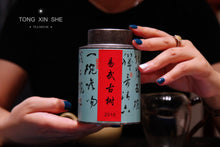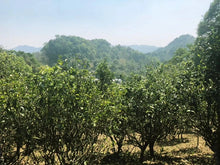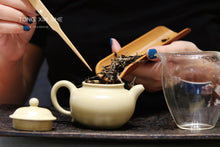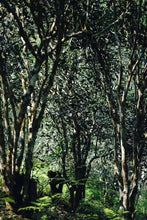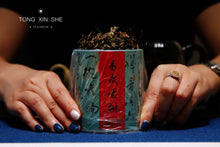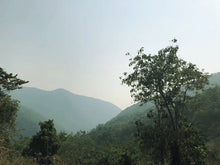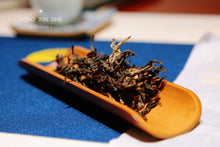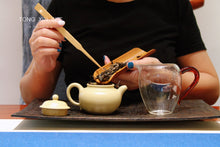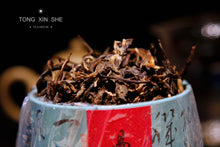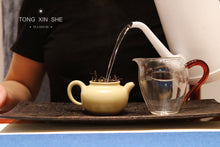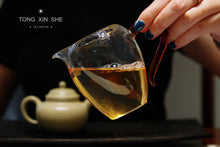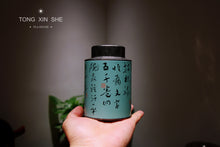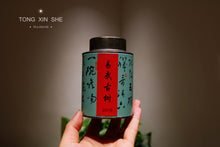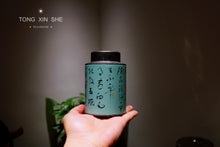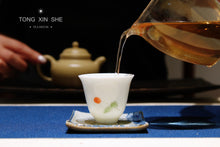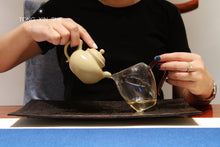
Speaking of Yiwu tea, the Pu'er tea producing area in Yunnan, China, probably no one does not know that "Banzhang is the king and Yiwu is the queen." But when it comes to a fan, many people think this is really a strange name, and they will wonder: Where is a fan? Someone even asks: What is a fan? "Yi Fan Mo" has a special name and many legends. Regarding the name, the most widely circulated paragraph is: a traditional soy milk mill was found in a deserted ancient tea garden. When it was discovered, there were two mills, but one of them was broken, and only one was intact. So later The villagers call this place Yifanmo. Compared with the famous "Mahei Village", "Guafengzhai", and "Bangong Dazhai", "Yifanmo" has only become popular in recent years. A well-known village is located in the deep mountains of Manla, Yiwu Tea District, about 50 kilometers away from Yiwu Township. It is an ancient tea area in the Yiwu Seven Villages, which is a 5-6 walk from the village to the ancient tea garden. Hours. Yifanmo belongs to the “state-owned forest” area and retains the original rainforest status. The ancient tea gardens all grow in the original rainforest. Large and small trees grow together. The real natural ancient tea gardens can be seen everywhere. Tea trees of three or four people high can be seen everywhere. The tea trees grow in the original ecology, without artificial pruning, fertilizers, and pesticides. They maintain a strong mountain atmosphere and retain the most primitive ancient charm of tea. For hundreds of years, the tea trees have been in harmony with the surrounding trees, flowers and plants. The natural and superior ecological environment far away from human smoke makes the tea rich in substances, richer in taste and unique. But it also means that the picking is not easy, the output is scarce, the virgin forest, the ecological wilderness, and the absence of human intervention have created the three core attributes of a fan-scarcity, value, and treasure. The average annual output is only 1 ton. It's even more precious.
Today I recommend this 2016 Moshengpu, which comes from a high mountain about 1,800 meters above sea level.
It uses spring tea from an ancient tea garden of 300-400 years old as the raw material, presented by my friend Nan Jie.
A fan of ground tea has been hidden in the virgin forest for a long time, but it has developed a personality that coexists with softness and toughness. It looks soft, but in fact it is calm and heavy. There is power in calmness. Take 7g and put it in a teapot and infuse it with boiling water. The elegant nectar fragrance blends into the tea soup. The soup is clear and translucent. The taste of tea overflows the mouth with sweetness, as if wandering in the forest, and the freshness of the mountains and the wind is coming. The tea soup is soft and smooth, soft and refreshing, and has a refreshing feeling. Compared with the traditional Yiwu tea , The water is thicker and the layering is more rich. The first three teas are made with high freshness and sweetness. After the three teas, the tea soup is fuller and sweeter, more relaxed and long. The fragrance retention of the bottom of the cup is good. Back to Gan is soft and long.
The bottom of the leaf is even, oily and shiny, and tough enough. In terms of price and the inner quality of the tea, Yiwu tea is the most grounded Yiwu tea. It is suitable for self-drinking, gifting, and collection.
















